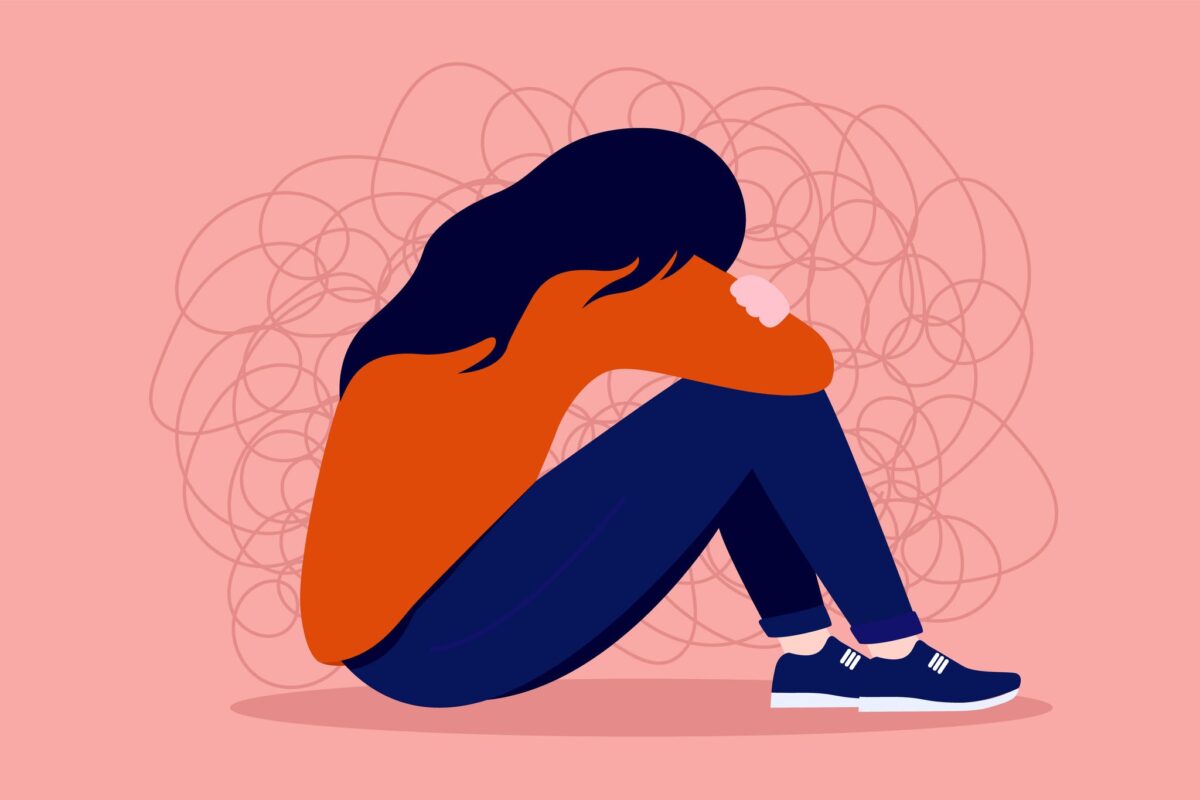About The Book By “Terra Inez Hurst”
Are you walking on eggshells, trying to please your partner? Do you constantly fall short?
You post a pretty picture of yourself on social media. Your partner mocks you, accusing you of being too attention-seeking; so, you delete it.
You go out for dinner with friends, but receive negative texts from your partner all night and can’t enjoy your meal.
You have a hard day at work. Your partner says it’s your fault, you don’t know how to handle situations, and you’re bad at your job.
If this sounds familiar, you’re in a toxic relationship. Maybe you’ve been telling yourself: He’s concerned. Or she loves me. Maybe you’ve been telling yourself you need to try a little harder.
You might think your relationship is normal, but it’s not.
One in two people will experience emotional abuse in a relationship—you’re not alone. What you justify now as concern and love is manipulation and control. Your partner’s possessiveness and negativity can leave you suffocating, depressed, and feeling bad about yourself. But it’s not your fault.
Mental abuse
Mental abuse, though not always visible, can leave deep and lasting scars on individuals. Unlike physical abuse, the wounds inflicted by mental or emotional abuse may not be readily apparent, making it challenging for victims to seek help or even recognize the extent of their suffering. In this article, we will explore the harsh reality of mental abuse, its various forms, and most importantly, how individuals can cope and reclaim their mental well-being.
Understanding Mental Abuse
1. Definition of Mental Abuse
Mental abuse, also known as emotional or psychological abuse, involves patterns of behavior aimed at controlling, manipulating, or belittling another person. It can happen in various relationships, including romantic partnerships, familial connections, friendships, or workplace dynamics.
2. Forms of Mental Abuse
- Verbal Abuse: The use of harsh words, insults, or constant criticism to undermine the victim’s self-esteem.
- Gaslighting: Manipulating someone into questioning their own sanity or perception of reality.
- Isolation: Cutting off an individual from friends, family, or support systems, creating dependency on the abuser.
- Intimidation: Using threats, gestures, or actions to induce fear and control.
3. Impact on Mental Health
Mental abuse can have severe consequences on an individual’s mental health. It can lead to anxiety, depression, low self-esteem, and in extreme cases, post-traumatic stress disorder (PTSD). The constant erosion of one’s mental well-being makes it crucial to address and cope with mental abuse effectively.
How to Cope with Mental Abuse
1. Recognize the Abuse
Acknowledging that you are a victim of mental abuse is the first and often the most challenging step. It requires self-reflection and an honest assessment of the dynamics in your relationships. Pay attention to patterns of behavior that consistently make you feel belittled, controlled, or anxious.
2. Seek Support
You are not alone. Reach out to friends, family, or support groups to share your experiences. Discussing the abuse with trusted individuals helps validate your feelings and provides a crucial support system. Professional help, such as therapy or counseling, can offer specialized guidance.
3. Set Boundaries
Establishing clear boundaries is crucial in dealing with mental abuse. Clearly communicate what behaviors are unacceptable, and be prepared to enforce those boundaries. This may involve distancing yourself from the abuser or seeking legal protection if necessary.
4. Prioritize Self-Care
Caring for your mental well-being is paramount. Engage in activities that bring you joy and relaxation. Exercise, practice mindfulness, and ensure you get adequate sleep. Prioritizing self-care helps rebuild your sense of self and resilience.
5. Educate Yourself
Understanding the dynamics of mental abuse empowers you to cope more effectively. Read books, attend workshops, or seek online resources that provide insights into abusive behaviors and coping mechanisms. Knowledge is a powerful tool in breaking free from the cycle of abuse.
6. Establish a Safety Plan
In situations where the abuse involves threats or violence, create a safety plan. This may include having a trusted friend you can call, identifying safe spaces, and documenting instances of abuse. A safety plan ensures you are prepared and have resources readily available.
7. Consider Professional Help
Therapy or counseling is a valuable resource for individuals recovering from mental abuse. A mental health professional can help you process your experiences, develop coping strategies, and work towards rebuilding your life.
8. Foster Healthy Relationships
As you distance yourself from the abuser, focus on building positive and supportive relationships. Surround yourself with people who uplift and encourage you. Healthy relationships contribute to healing and create a nurturing environment.
9. Practice Self-Compassion
Healing from mental abuse takes time, and it’s essential to be patient with yourself. Practice self-compassion and recognize that recovery is a journey. Celebrate small victories and milestones along the way.
10. Report Abuse if Necessary
If you are in immediate danger or facing severe abuse, don’t hesitate to report it to the authorities. Your safety is paramount, and taking swift action can be crucial in protecting yourself and others.
Conclusion
The reality of mental abuse is a harsh and often silent struggle. Recognizing the signs, seeking support, and taking steps to cope are vital for breaking free from the cycle of abuse. Remember, healing is possible, and by prioritizing your mental well-being and seeking help, you can reclaim your life and build a future free from the shadows of mental abuse.
